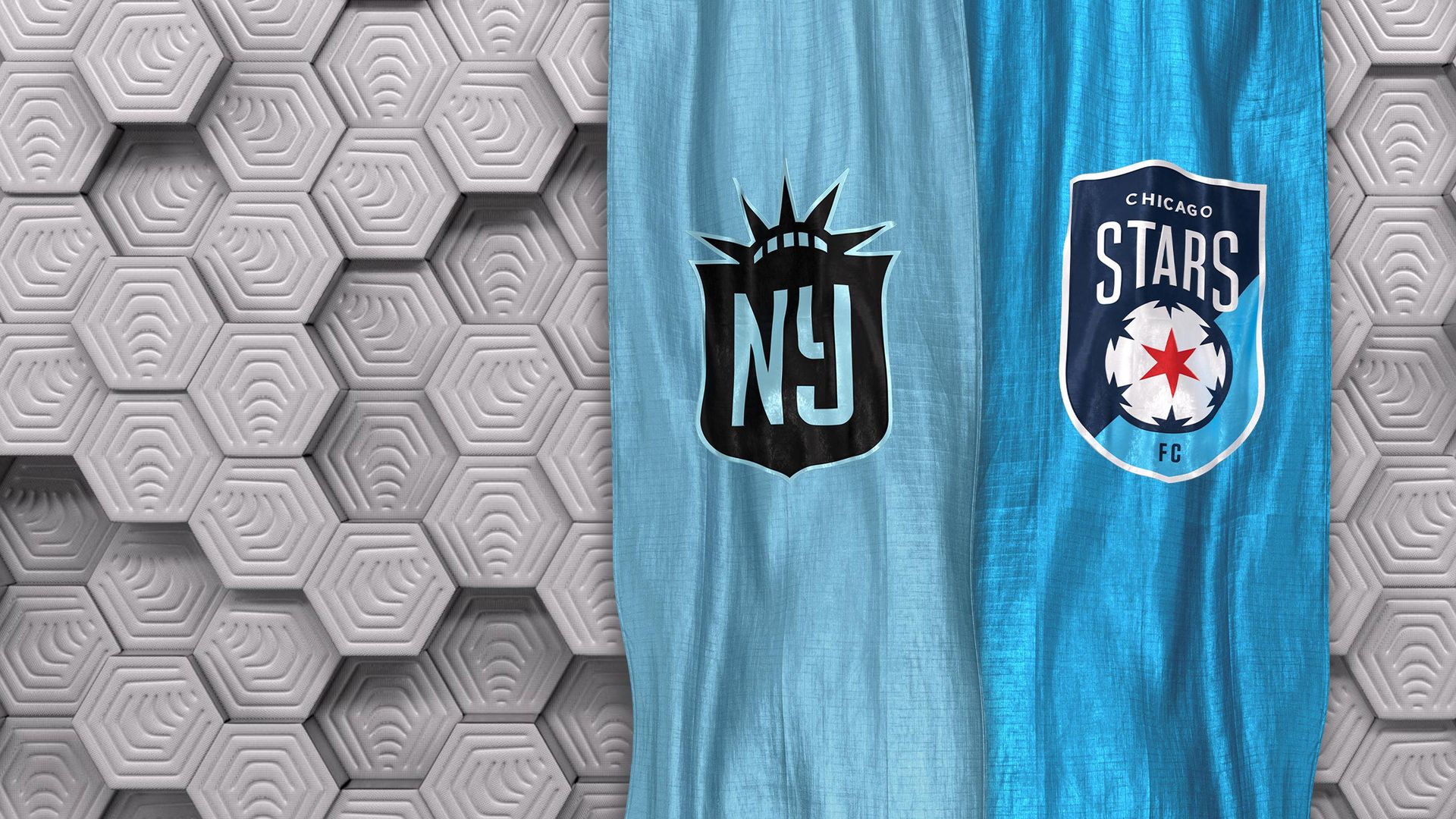-

COVERAGE STARTS 1PM ET
Catch the NJ/NY Gotham FC going against the Chicago Stars at Sports Illustrated Stadium. -

FINAL ROUND STARTS 3PM ET
Who's leaving McKinney, Texas, with the win? Stream the PGA Tour on CBS to find out! -

Live Tonight 7/6C
America's #1 television news program, presents hard-hitting investigative reports, newsmaker interviews, and in-depth profiles. -

LIVE TONIGHT 8/7C
Justin Hartley stars as Colter Shaw, a trusted lone-wolf survivalist who uses his instincts to find the missing and collect rewards. -

Live Tonight 9/8c
WATSON follows Dr. John Watson (Morris Chestnut) six months after Sherlock Holmes' death, as he leads a clinic for rare disorders. -

SERIES FINALE TONIGHT 10/9C
A reimagining of the classic series in which Queen Latifah portrays an enigmatic figure who uses her skills to help those with nowhere else to turn. -

NEW EPISODES NOW STREAMING
Two mob families clash in a war that threatens to topple empires and lives in the new Paramount+ Original Series.






